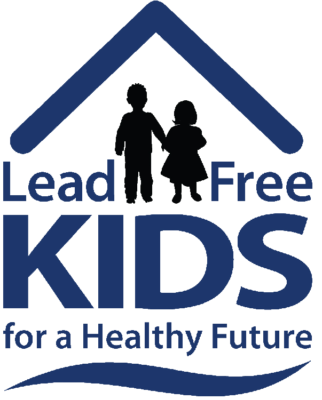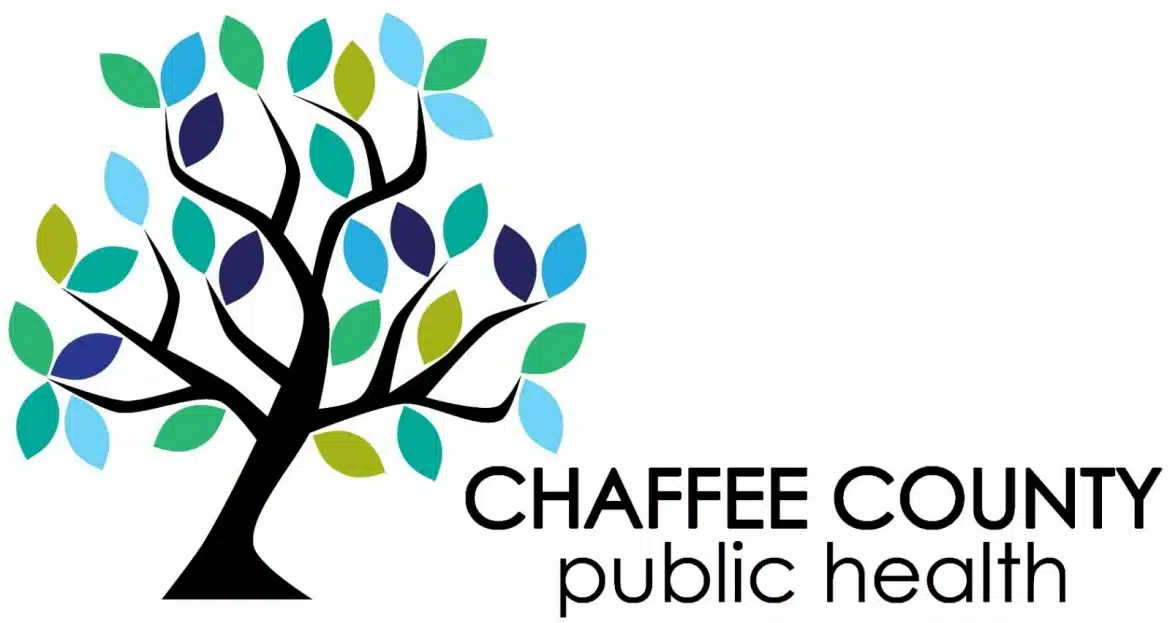Beginning on August 1, 2023, Chaffee County Public Health (CCPH) will offer FREE blood lead testing for children, by appointment in Salida and Buena Vista.
Why is lead a problem, especially for children?

Lead Free Kids for a Healthy Future Photo Courtesy of CDC
“Lead is a neurotoxin, and no safe blood lead level in children has been identified. Protecting children from exposure to lead is important for lifelong health, since even low levels of lead in blood have been shown to affect learning, ability to pay attention, and academic success,” said Sandra Morgan, CCPH Nurse.
“With Chaffee County’s history of mining and smelting, along with the fact that many residents live in older homes, lead poisoning prevention for children is an essential role of Public Health,” she continued.
CCPH advises that It is required that any child on Medicaid be tested at 12 and 24 months. Any child with private insurance should be tested if they are at risk of exposure, such as living in or spending time in a house built before 1978. Testing is also available to other aged children or adults if necessary based on risk factors.
What kind of test is being provided?
The type of test that is offered is a capillary test, which means that a small amount of blood is collected from the fingertip or heel of the child. Any child who’s capillary result is high will be directed to HRRMC for a venous blood draw, which is more accurate. Many health care clinics in Chaffee County also offer blood lead testing for children. The test will be free, though insurance may be charged if applicable.
Is exposure to lead common in Chaffee County?
Lead can be found inside and outside the home in any part of the country, including in the water that travels through lead pipes or in the soil around the house. The most common source of exposure is from lead-based paint, which was used in many homes built before 1978. Chaffee County has a varied housing stock with homes that fall into this category.
Adults and children can get lead into their bodies by breathing in the lead dust (especially during activities such as renovations, repairs or painting) or by swallowing lead dust that settles in food, food preparation surfaces, floors, window sills, and other places, or eating paint chips or soil that contain lead. Children can also become exposed to lead dust from adults’ jobs or hobbies, and from some metal toys or toys painted with lead-based paint.
What better time?
CCPH hopes that this addition to their clinical services at will ensure more families have ample opportunities to get their children tested, along with all the other requirements of getting them ready to go back to school.
Readers seeking more information about their child’s risk of exposure to lead, or wanting to make an appointment are asked to please call Sandra Morgan at 719-530-2563 or the CCPH front desk at 719-539-4510.






Recent Comments